14 Overrated Performances That Somehow Won Awards
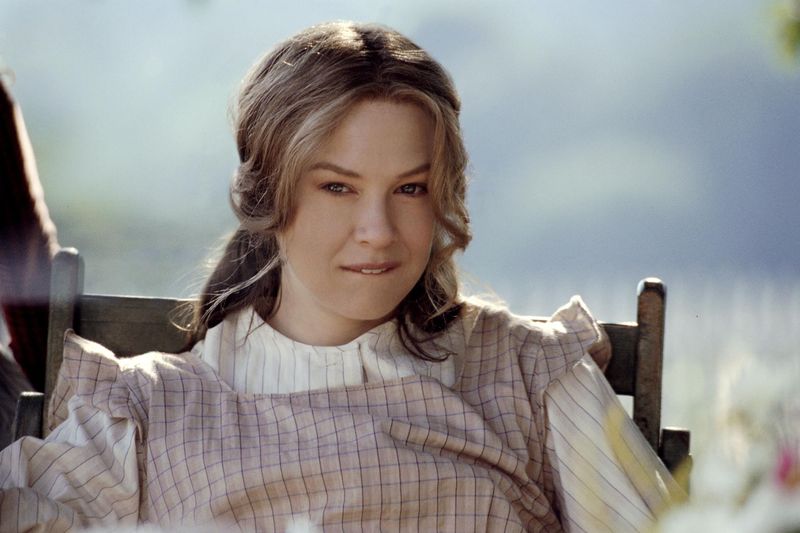
Awards shows love to celebrate outstanding performances, but sometimes the winners leave audiences scratching their heads. Over the years, several actors have taken home prestigious trophies for roles that many critics and fans consider underwhelming or undeserving. These performances often rely more on flashy mimicry, sentimental storylines, or career recognition rather than true artistic excellence.
1. Rami Malek as Freddie Mercury in Bohemian Rhapsody (2018)
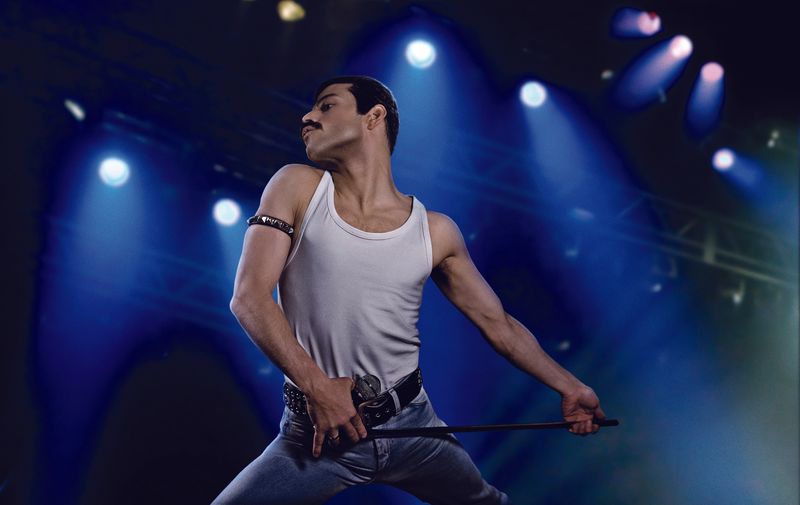
Malek’s portrayal of the legendary Queen frontman earned him an Oscar, but critics argue it’s more costume party than character study. His performance relies heavily on prosthetic teeth, exaggerated mannerisms, and surface-level mimicry rather than exploring Mercury’s complex inner life.
While Malek nails the iconic Live Aid performance, many feel his interpretation never moves beyond imitation into true transformation. The actor seems more focused on copying Mercury’s famous poses and vocal patterns than revealing new depths about the rock icon.
Other nominees that year, including Bradley Cooper and Viggo Mortensen, delivered more nuanced and emotionally complex performances that deserved recognition.
2. Sandra Bullock as Leigh Anne Tuohy in The Blind Side (2009)
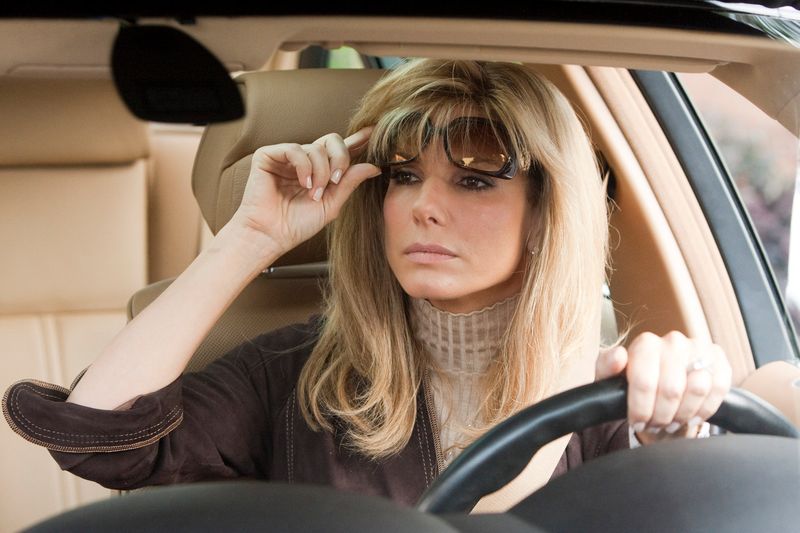
The Oscar-winning role screams “awards bait” from every sentimental scene. Her portrayal of the real-life adoptive mother hits every feel-good checkbox without adding genuine complexity or depth to the character.
The performance feels calculated, designed specifically to tug heartstrings rather than challenge audiences or showcase remarkable acting range. Bullock delivers her lines with practiced charm, but the role lacks the emotional authenticity that truly great performances demand.
Critics argue that stronger, more challenging performances were overlooked that year in favor of this crowd-pleasing but ultimately shallow portrayal. The win felt more about the film’s inspirational message than Bullock’s actual acting craft.
3. Gwyneth Paltrow as Viola de Lesseps in Shakespeare in Love (1998)
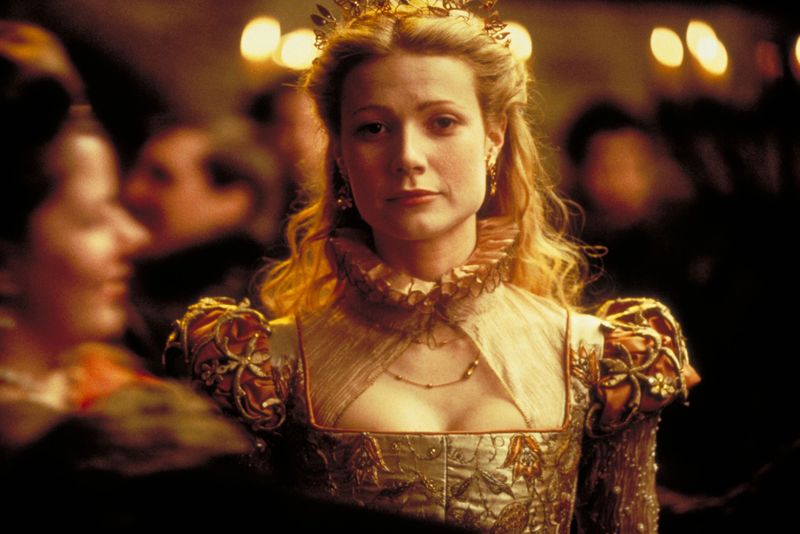
Her performance as the fictional noblewoman feels lightweight compared to the powerhouse competition she faced that year, including Cate Blanchett’s Elizabeth.
Many believe Paltrow’s win had more to do with Harvey Weinstein’s aggressive campaigning than her actual acting abilities. Her portrayal lacks the gravitas and emotional depth that typically define Best Actress winners.
While charming enough, Paltrow’s performance doesn’t demonstrate the kind of transformative acting that deserves Hollywood’s highest honor. The role feels tailor-made for her existing persona rather than requiring any significant artistic stretch or risk-taking.
4. Catherine Zeta-Jones as Velma Kelly in Chicago (2002)
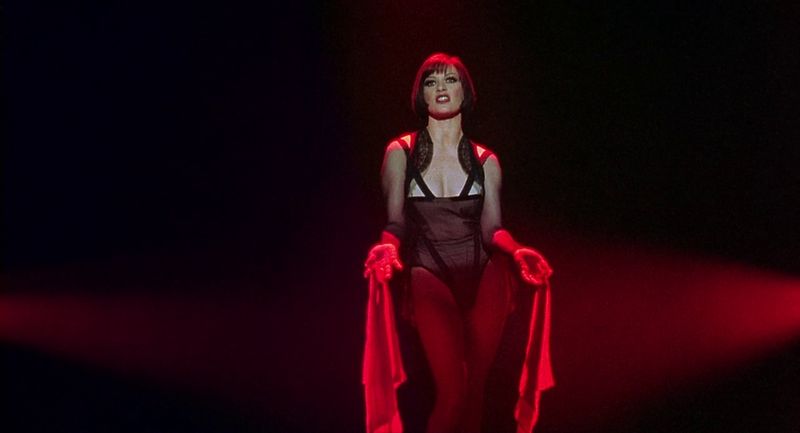
Zeta-Jones dazzled audiences with her sultry dance moves and show-stopping musical numbers, but critics question whether flashy choreography equals great acting. Her Velma Kelly is undeniably charismatic, yet the performance relies more on spectacle than substance.
In a competitive field of supporting actresses, many felt her victory wasn’t inevitable. The role plays perfectly to Zeta-Jones’s strengths as a performer, but doesn’t require the kind of dramatic heavy lifting typically associated with Oscar-worthy work.
Her win seems to reward the film’s overall success and her star power rather than recognizing a truly exceptional individual performance. Sometimes the shiniest performance isn’t necessarily the most deserving one.
5. Al Pacino as Frank Slade in Scent of a Woman (1992)
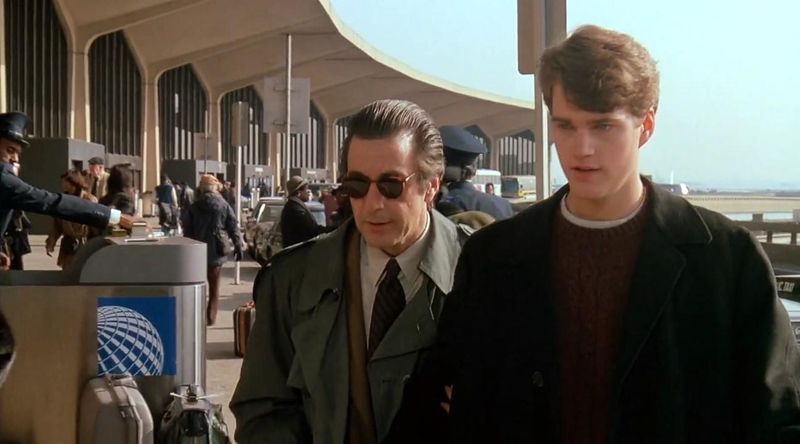
“Hoo-ah!” became Pacino’s signature catchphrase, but many critics view his Oscar win as a lifetime achievement award rather than recognition for this specific performance. His portrayal of the blind, bombastic colonel is undeniably memorable, yet feels more like vintage Pacino than fresh character work.
The performance showcases Pacino’s trademark intensity and larger-than-life presence, but lacks the subtlety and nuance of his earlier, non-winning roles. His “more is more” approach works for entertainment value but questionably deserves the Academy’s highest honor.
Many believe Pacino’s victory was the Academy making up for previous snubs rather than rewarding his best work. Sometimes timing matters more than actual performance quality in Hollywood’s awards game.
6. Meryl Streep as Margaret Thatcher in The Iron Lady (2011)
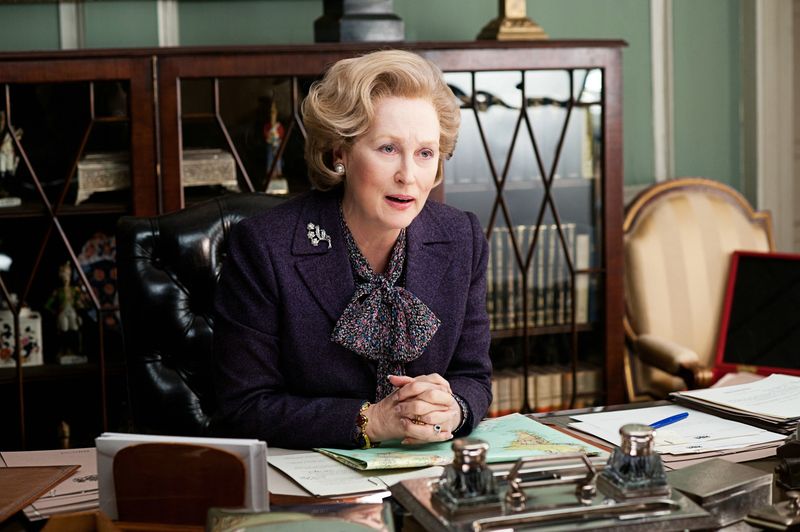
Even Streep’s legendary talent couldn’t save this performance from criticism. Her portrayal of Britain’s Iron Lady relies too heavily on makeup, prosthetics, and vocal mimicry rather than providing genuine insight into Thatcher’s complex political legacy.
The performance often slides into caricature territory, emphasizing Thatcher’s most recognizable mannerisms without exploring the woman behind the public persona. Streep’s technical skills are evident, but the characterization feels surprisingly shallow for such an accomplished actress.
Critics argue that while Streep masters Thatcher’s external qualities, she fails to illuminate the prime minister’s inner life or motivations. The win felt more like automatic recognition of Streep’s reputation than acknowledgment of genuinely exceptional work.
7. Robert Benigni as Guido in Life Is Beautiful (1997)
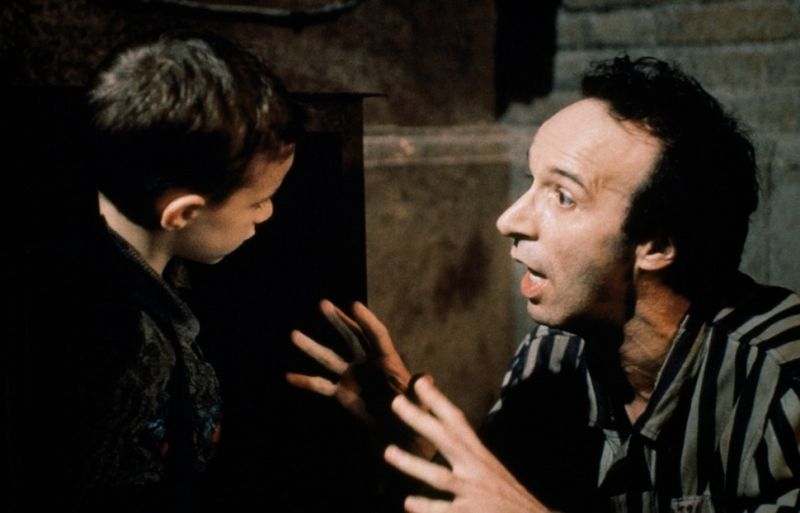
Benigni’s exuberant Oscar acceptance speech overshadowed questions about whether his performance truly deserved the honor. His portrayal of the optimistic father balances comedy and tragedy, but critics argue the emotional weight comes from the story rather than his acting.
The performance walks a fine line between charming and manipulative, using humor to address horrors. Some feel this approach trivializes the subject matter while others find it deeply moving and original.
Many critics believe Benigni’s win reflected the film’s feel-good message rather than exceptional acting craft. The “cute plus tragic” formula worked for audiences but left some questioning whether sentiment trumped genuine artistic achievement in the Academy’s decision.
8. Renée Zellweger as Ruby Thewes in Cold Mountain (2003)
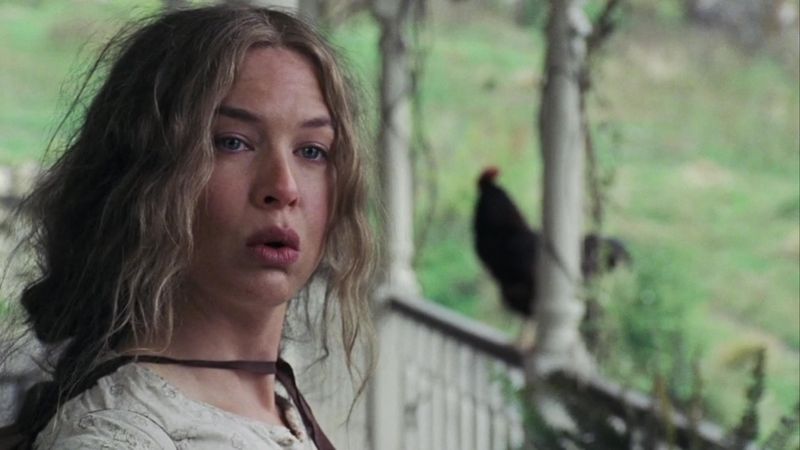
The supporting actress win surprised many who felt she was miscast in the gritty Civil War drama. Her performance as the tough mountain woman contrasts sharply with the film’s more restrained ensemble, often feeling like she’s acting in a different movie entirely.
Critics argued that her portrayal lacked authenticity and seemed forced compared to her co-stars’ naturalistic approaches. The character’s rough edges never quite convinced audiences, despite Zellweger’s committed effort.
Many viewed her victory as reflecting the film’s prestige and awards campaign rather than standout acting merit. Sometimes a big name in a serious drama gets rewarded regardless of whether the performance actually works within the story’s context.
9. Sean Penn as Jimmy Markum in Mystic River (2003)
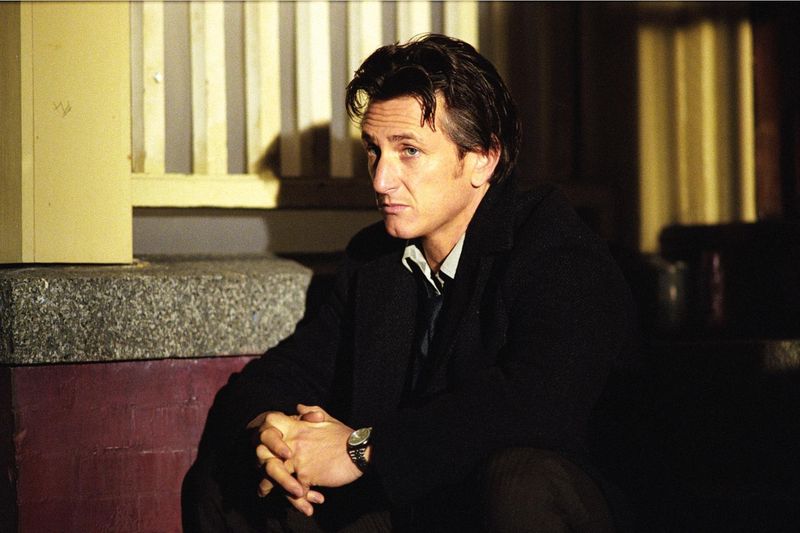
This powerhouse performance certainly makes an impression, but many argue it crosses the line from intense into melodramatic territory. His portrayal of the grieving father includes moments of genuine emotion mixed with what some call “scenery-chewing” overacting.
The performance feels uneven, with Penn’s naturally intense style sometimes overwhelming the character’s more subtle emotional moments. While undeniably committed, his approach lacks the controlled precision that marks truly great dramatic work.
Many believe other actors that year delivered more nuanced, technically superior performances that deserved recognition. Penn’s win seemed to reward raw emotional power over refined acting craft, leaving some questioning the Academy’s priorities in dramatic performance evaluation.
10. Tom Hanks as Forrest Gump in Forrest Gump (1994)
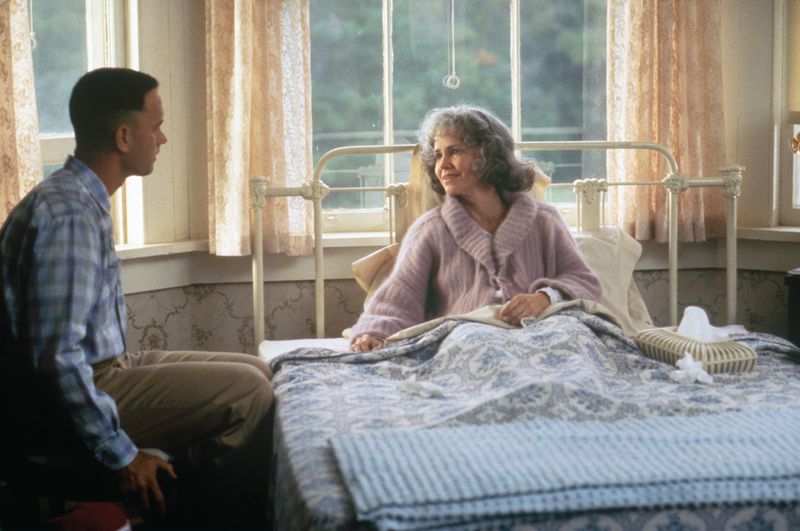
Although Tom Hanks’s portrayal of Forrest Gump is celebrated as one of cinema’s most recognizable characters, some critics contend that the performance leans too much on a distinctive accent and childlike mannerisms.
Much of the role’s impact comes from the character’s naïve perspective and the film’s nostalgic atmosphere rather than from nuanced or challenging acting choices.
While moving and memorable, the performance doesn’t necessarily push Hanks into new artistic territory or showcase exceptional range. For many, his Oscar win reflects the movie’s immense cultural and box office success more than it does a groundbreaking display of acting skill.
11. Art Carney as Harry Coombes in Harry and Tonto (1974)
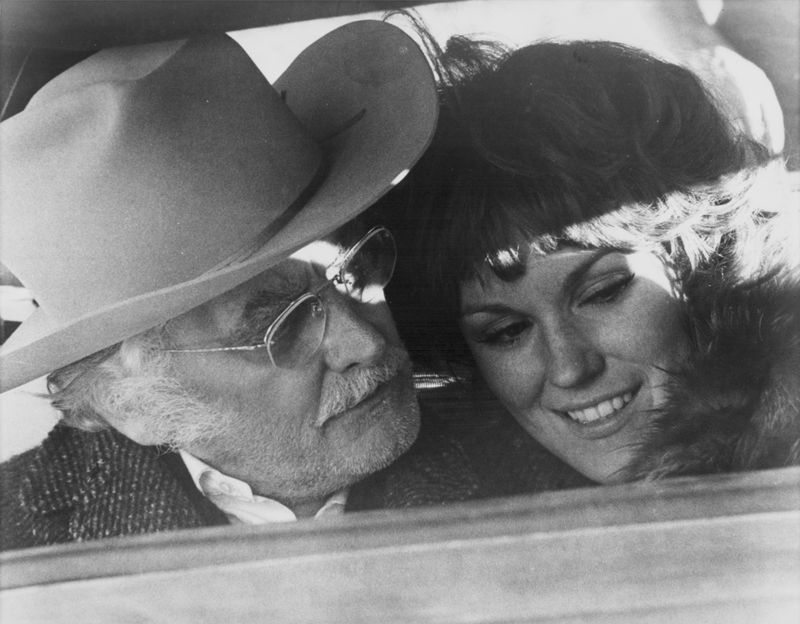
Carney’s surprise Oscar victory over heavy favorites like Jack Nicholson remains one of the Academy’s most puzzling decisions. His gentle portrayal of an elderly man traveling with his cat is pleasant but hardly groundbreaking or particularly demanding.
Critics argue this win represented the Academy’s tendency to favor older actors or give “career recognition” rather than reward the year’s best performance. The role doesn’t require significant dramatic range or technical skill.
Many believe stronger, more complex performances were overlooked in favor of this sentimental choice. Carney’s victory demonstrates how Academy voters sometimes prioritize heartwarming stories over genuine acting excellence, especially when honoring veteran performers nearing career twilight.
12. Gary Cooper as Sgt. Alvin York in Sergeant York (1941)
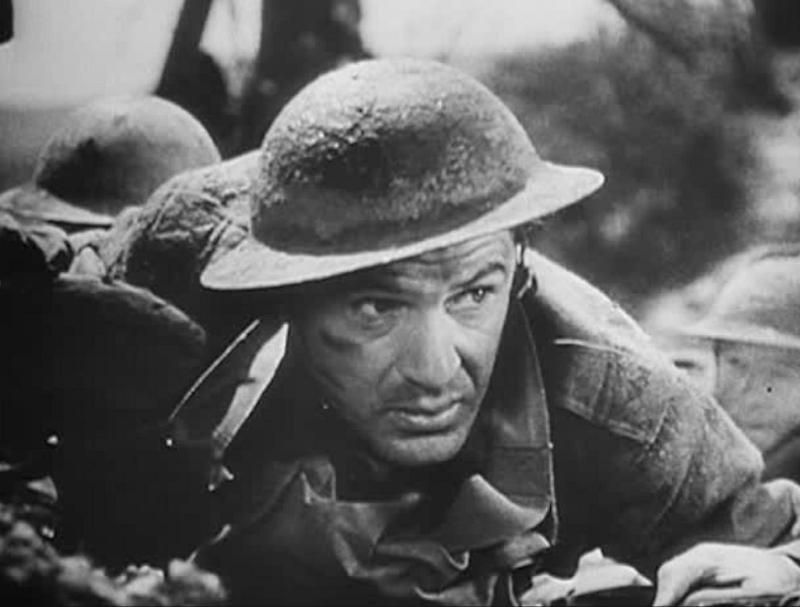
The performance, according to fans, lacks the complexity and nuance found in other wartime dramas of the era.
Many believe Cooper’s win reflected wartime patriotism and public sentiment rather than exceptional acting craft. His naturally understated style worked for the character but didn’t require significant dramatic stretching or technical skill.
The victory seems more about timing and national mood than performance quality. Cooper delivered competent work, but other actors that year showcased more demanding, artistically ambitious performances that arguably deserved recognition over this relatively simple, albeit popular, patriotic portrayal.
13. Humphrey Bogart as Charlie Allnut in The African Queen (1951)
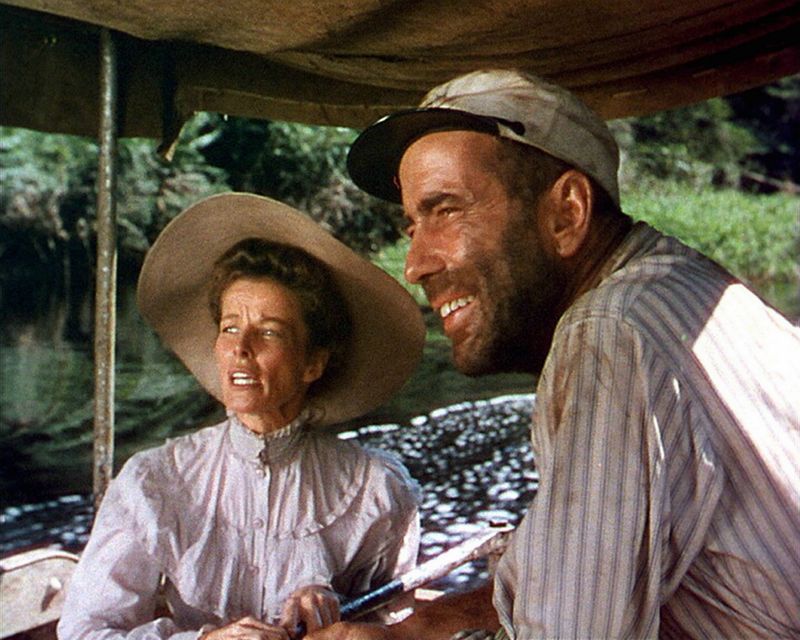
While Bogart delivers solid work opposite Katharine Hepburn, many critics don’t consider this his finest hour. The performance, though charming, lacks the complexity and edge that made his earlier roles in Casablanca and The Maltese Falcon truly memorable.
Some argue Bogart’s victory was more about his star power and likability than the specific merits of this particular performance. The role plays safely within his established screen persona without pushing boundaries.
Critics suggest the win reflected Academy voters’ desire to honor Bogart’s overall career rather than reward his peak acting achievement. Sometimes beloved stars receive awards for decent but unremarkable work when their more challenging, innovative performances go unrecognized.
14. John Wayne as Rooster Cogburn in True Grit (1969)
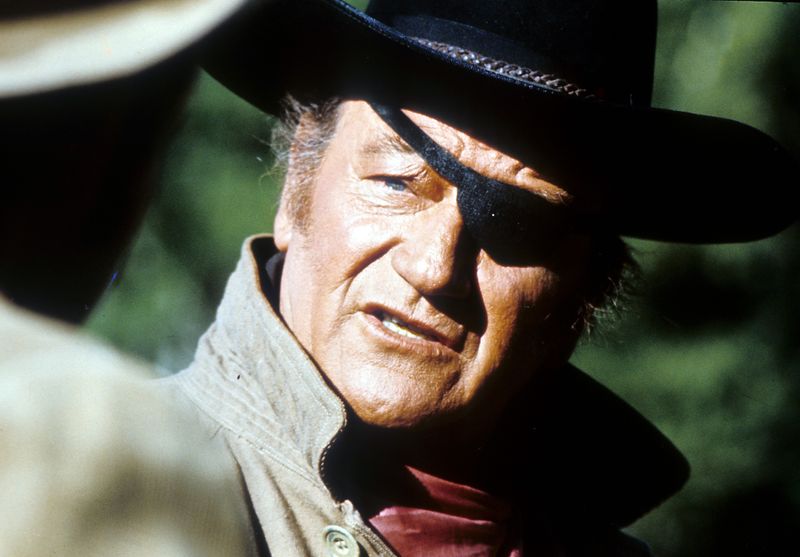
Wayne’s Oscar victory is widely considered a “career achievement” award rather than recognition for this specific performance. His portrayal of the one-eyed marshal is entertaining but doesn’t represent particularly challenging or innovative acting work.
The performance stays comfortably within Wayne’s established screen persona without requiring significant dramatic range or character transformation. Critics argue other nominees delivered more technically demanding, artistically ambitious work that deserved recognition.
Many view this win as the Academy finally honoring Wayne’s decades-long career rather than rewarding exceptional performance quality. Sometimes Hollywood’s biggest legends receive awards more for their cultural impact than for individual acting achievements, regardless of whether that particular role showcases their best work.

Comments
Loading…